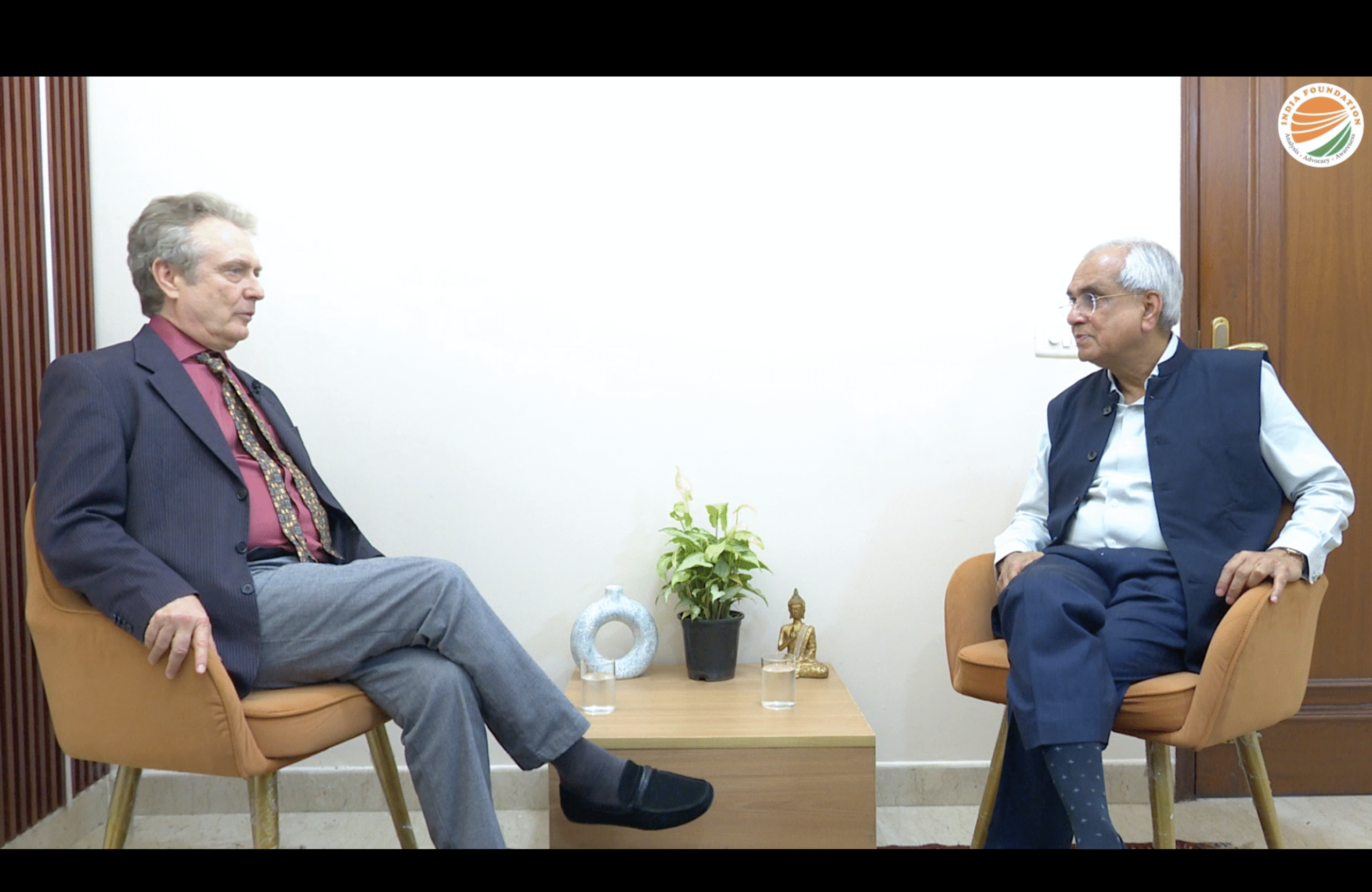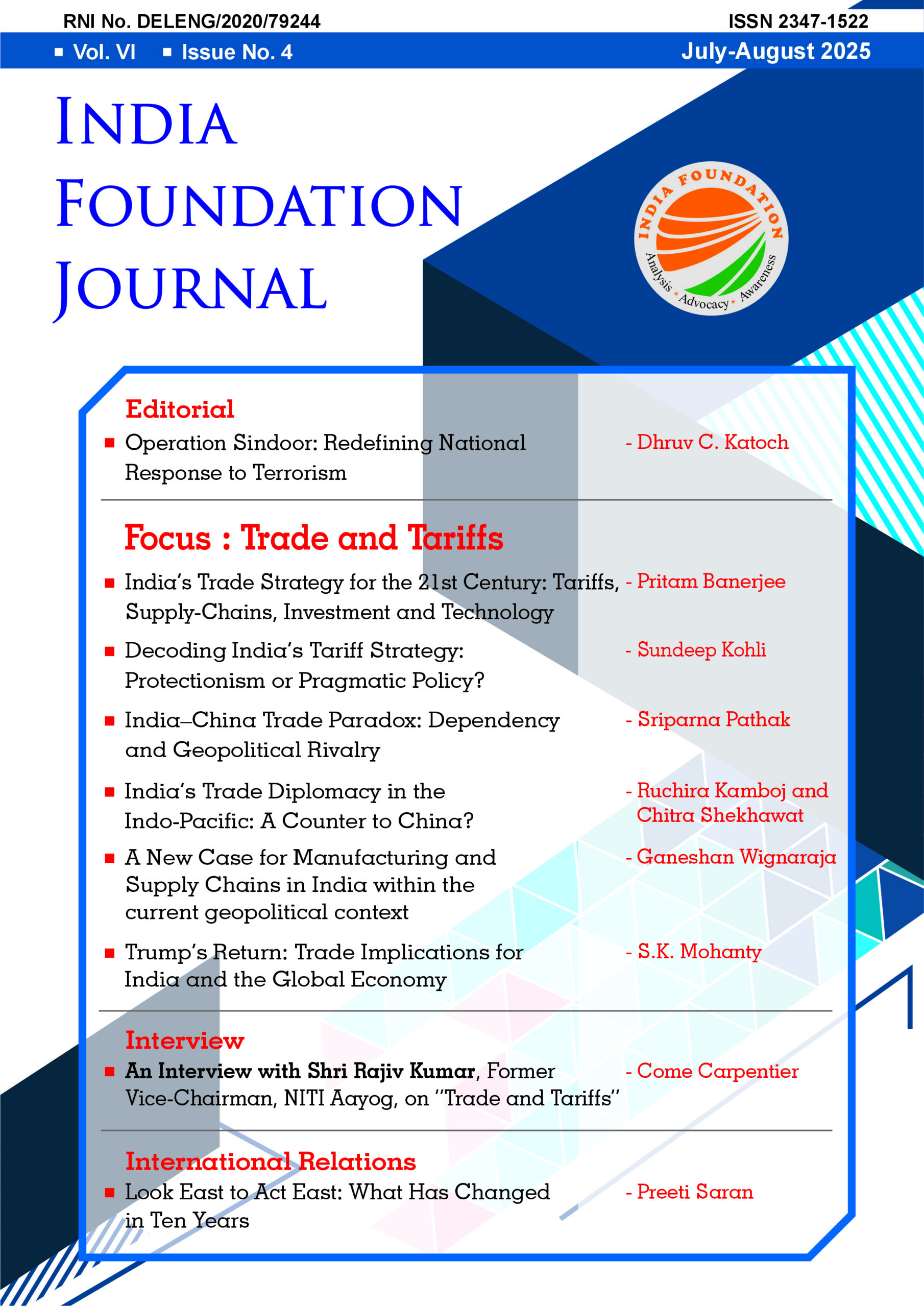“The State shall endeavour to secure for citizens a uniform civil code throughout the territory of India.”
– Article 44, Directive Principles of State Policy, Indian Constitution
A Uniform Civil Code (UCC) is one where a common set of civil laws replace personal laws i.e. laws that find their authority from customs, religious scriptures etc., for citizens of a country. Personal law deals with issues of adoption, maintenance, divorce, marriage and inheritance. UCC has been a point of contention for several decades, having emerged as a political tool to fuel election campaigns rather than a truly acted upon development agenda. While highly politicised debates surround it, a key issue that has emerged in the UCC is the submergence of equal rights for women under personal laws. Personal laws stem from highly patriarchal structures and women have historically not been engaged in their formation. While some effort has been made to bring greater uniformity and reforms in personal laws, the efforts remain in the form of piecemeal offerings. Here, we ask and assess if India is sacrificing gender justice at the altar of preserving personal laws.
A common contention by those factions opposed to demands for a UCC is their argument that a Uniform Civil Code only seeks to reform Muslim laws in India; however, in practice, such reform would extend to personal laws of all religions in order to form a Uniform Civil Code that applies equally to all citizens of India. Talk on UCC has become more of a political tool and means of minority appeasement. Those who oppose the UCC have also not been able to account for needs and processes to ensure gender justice without a UCC.
Examples of how personal laws negatively affect women in some of the religions practiced in India are:
Parsi personal law:
- If a Parsi woman marries someone who isn’t a Parsi, their children are not accepted as part of the Parsi community. However this does not apply to a Parsi man marrying outside the Parsi community.
- A non-Parsi woman who is married to or is the widow of a Parsi man cannot inherit on his death though their children can inherit.
- Hindu personal law:
- If a married woman dies without having any children, her property, under the Hindu Succession Act, is inherited by the heirs of her husband and not her own.
- Section 6(a) of the Hindu Minority and Guardianship Act gives the father the status of the natural guardian in the case of a legitimate child. The need for equality of rights of natural guardianship between both parents is ignored.
- Hindu men are also allowed to practise bigamy under certain conditions in Goa, although Goa claims to be the only State to have a Uniform Civil Code in place.
- Muslim personal law:
- The practise of Talaq-e-bidat (triple talaq) allows for a Muslim man to divorce his wife instantaneously by uttering the word talaq three times in one sitting, a Muslim woman must follow a legal procedure after obtaining her husband’s consent to be able to get a divorce.
- Allows for a Muslim man to have multiple wives.
- The practice of Nikah Halala determines that a Muslim woman is not allowed to remarry the husband who has divorced her unless she first marries another man and consummates that marriage.
The examples above highlight the issue with respect to personal laws and gender justice. These laws are highly regressive, unequal and a reflection of entrenched patriarchy in the evolution of personal laws and power structures. There are also gaps in personal laws that do not account for measures needed for empowerment of women and marginalised sections. While a UCC will greatly further gender equality, it also needs to ensure that these gaps are acknowledged and worked upon. The UCC must emerge as more than just a compilation of the most gender-just provisions of personal laws. It must aspire for codification of laws that govern personal matters in an encompassing and just manner across all states in India.
Women’s rights movements and civil society organisations have long called for a Uniform Civil Code. Women of minority communities, especially Muslim communities have also raised their voice against gender discriminatory practices in personal laws. There are now several who are propagating for reforms in personal laws. Such reforms also find backing in various judgements.
The Indian judiciary has also clearly outlined the negative impact of personal laws on women and gender equality in several of its judgements. It was the Mohd. Ahmed Khan vs. Shah Bano Begum & Ors.[1] case of 1985 that gave a heightened media visibility to the need for a UCC to remove conflict in personal and civil laws, promote national integration and gender equality. Similar judgements observing the need for a UCC have been made over the years. A recent judgement, Prakash & Ors. vs. Phulavati & Ors.[2] 2015, observes gender discrimination under and as an effect of personal laws as a violation of fundamental rights as guaranteed by the Constitution under Articles 14, 15 and 21, that deal with the right to life with dignity and equality.
Several scholars state reliance on case verdicts as possible legal recourse for affected women rather than the formulation of a Uniform Civil Code. As for example, in the Shamim Ara v State of U.P. & Anr.[3], 2002, it was held by the Supreme Court that instantaneous triple talaq does not end a marriage. While certain judgements have definitely struck down some discriminatory practices in personal laws over the years, there remains a need to codify it to make the law clear on such issues and the legal process simpler for women to access. It is required so that exertion of fundamental human rights of each individual woman does not become a legal battle. Calls for uniformity of rights or step by step reforms within personal laws itself over a Uniform Civil Code ring hollow as they fail to account for additional measures that need to be codified to aid women empowerment and equality. A step by step approach also fails to assess the damage the delay causes in realisation of women rights in personal spaces.
[1] Link to judgment: https://indiankanoon.org/doc/823221/
[2] Link to judgment: http://www.advocatekhoj.com/library/judgments/announcement.php?WID=6699
[3] Link to judgment: https://indiankanoon.org/doc/332673/
(Vandita Morarka is an independent policy consultant and gender rights facilitator. She is currently engaged at Safecity as the Policy, Legal and UN Liaison Officer.)
(This article is carried in the print edition of May-June 2017 issue of India Foundation Journal)



